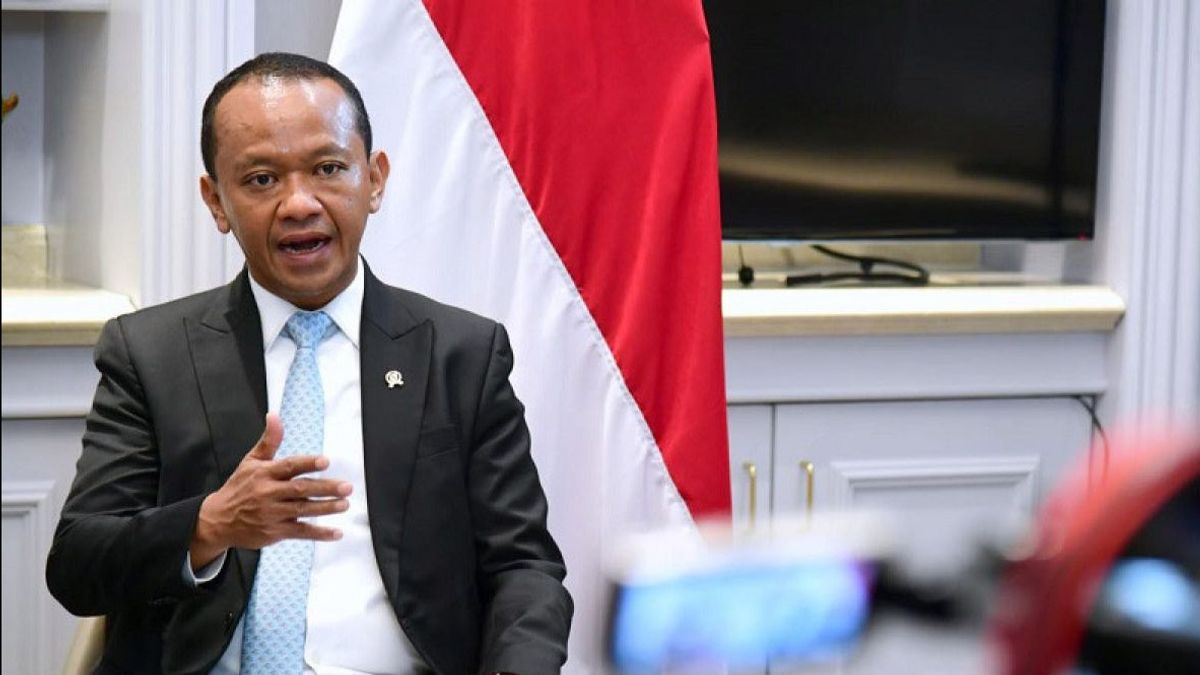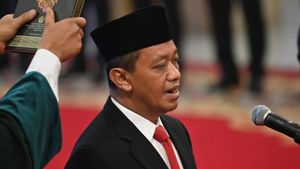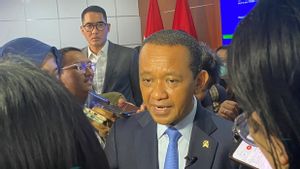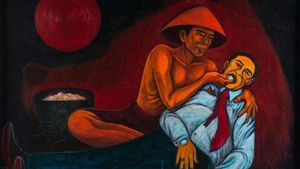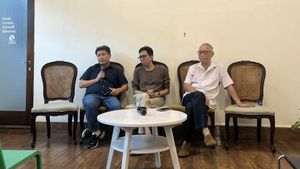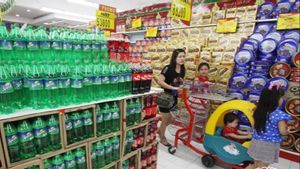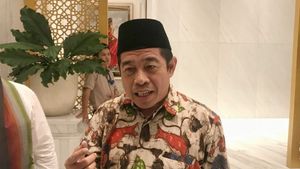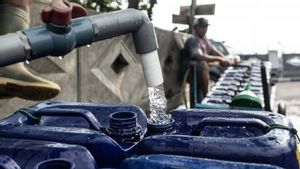JAKARTA - Former Investment Minister/Head of BKPM Bahlil Lahadalia revealed that investment stalled in the era of President Joko Widodo's (Jokowi) administration worth IDR 149 trillion will be whitened or uncontinued.
Furthermore, Bahlil said that of the total Rp708 trillion in stalled investments, the Ministry of Investment has executed Rp558.7 trillion.
"The stalled investment is IDR 708 trillion, which has been executed by almost IDR 600 trillion. The rest we have whitened," he said after handing over the position to the new investment minister Rosan Roeslani, at the Office of the Ministry of Investment, Jakarta, Monday, August 19.
Bahlil explained that the stalled investment had to be discontinued because the companies concerned were no longer able to afford it.
"Why whiten it? Because some of the companies have collapsed, because of COVID-19, right. Then some of them can't run because of the company's economic conditions," he explained.
Previously, it was reported that the Minister of Investment/Head of the Investment Coordinating Board (BKPM) Bahlil Lahadalia revealed that there were still Rp. 149 trillion stalled investments that had not been executed because it was difficult to realize.
Bahlil emphasized that until now his party has realized a stalled investment of Rp558.7 trillion or around 78.9 percent of the total Rp708 trillion.
"The rest of us can no longer make improvements. This is because it can no longer be executed, due to its companies experiencing internal difficulties," Bahlil said at a press conference in Jakarta, Monday, March 18.
SEE ALSO:
On a contested occasion, Bahlil also conveyed the development of other stalled investment realizations. For example, the PT Lotte Chemical Indonesia factory in Cilegon with a total investment of IDR 59.4 trillion.
According to Bahlil, the investment is the result of the settlement of stalled investments since 2016. Currently, the progress of the factory construction has reached 85 percent and is expected to start producing this year.
The products produced will be substitution of imports with a composition of 70 percent for domestic needs and 30 percent for exports.
"Where the products produced will become import substitution, with a composition of 70 percent for domestic needs, and 30 percent for exports," he said.
The English, Chinese, Japanese, Arabic, and French versions are automatically generated by the AI. So there may still be inaccuracies in translating, please always see Indonesian as our main language. (system supported by DigitalSiber.id)
